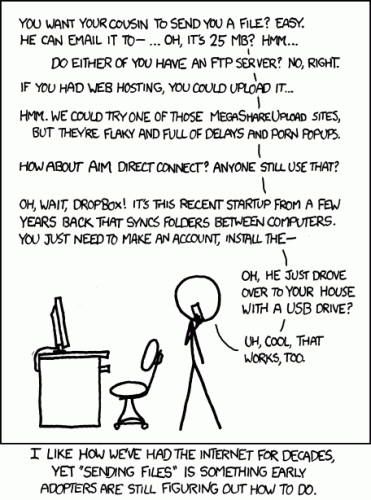This is My Take As Well
Every turn in the investigation that led to Petraeus's resignation perfectly illustrates the incredible and dangerous reach of the massive United States surveillance apparatus, which, through hundreds of billions of dollars in post-9/11 programs -- coupled with weakened privacy laws and lack of oversight -- has affected the civil liberties of every American for years. The only difference here is the victim of the surveillance state's reach was not a faceless American, but the head one of the agencies tasked to carry it out.....
It seems the deciding factor in opening the investigation was not the emails' content, but the fact that the FBI agent was friendly with Kelley. (Even more disturbing, the same FBI agent has now been accused of becoming "obsessed" with the Tampa socialite, sent shirtless pictures to her, and has been removed from the case.)...
One would assume, and hope, police have to get probable cause for all emails, just like they would for a physical letter or a phone call. But the law governing email -- the Electronic Communications Privacy Act (ECPA) -- doesn't have such requirements for emails more than 180 days old. Because ECPA was written in 1986, before the World Wide Web even existed, archived emails were an afterthought given the incredibly small storage space on email servers....
While these details may shock the average reader, these privacy-invasive tactics are used regularly by both federal and local law enforcement around the United States. In fact, as the New York Times reported, referring to Petraeus, "Law enforcement officials have said they used only ordinary methods in the case." The only difference here is the target was the director of the CIA and one of the most decorated soldiers in modern military history.
Electronic communication needs better Fourth Amendment protection.
By the way, another scandal here that interests me more than the sex thing is that the head of the CIA has such a terrible grasp on basic fieldcraft
Petraeus and Kelley were communicating not by sending each other emails, but using an old (and apparently ineffective) trick -- "used by terrorists and teenagers alike" -- of saving drafts in the draft folder of Gmail, thinking this was more private than if they sent them to each other. But as the ACLU's Chris Soghoian explained, this was not so



